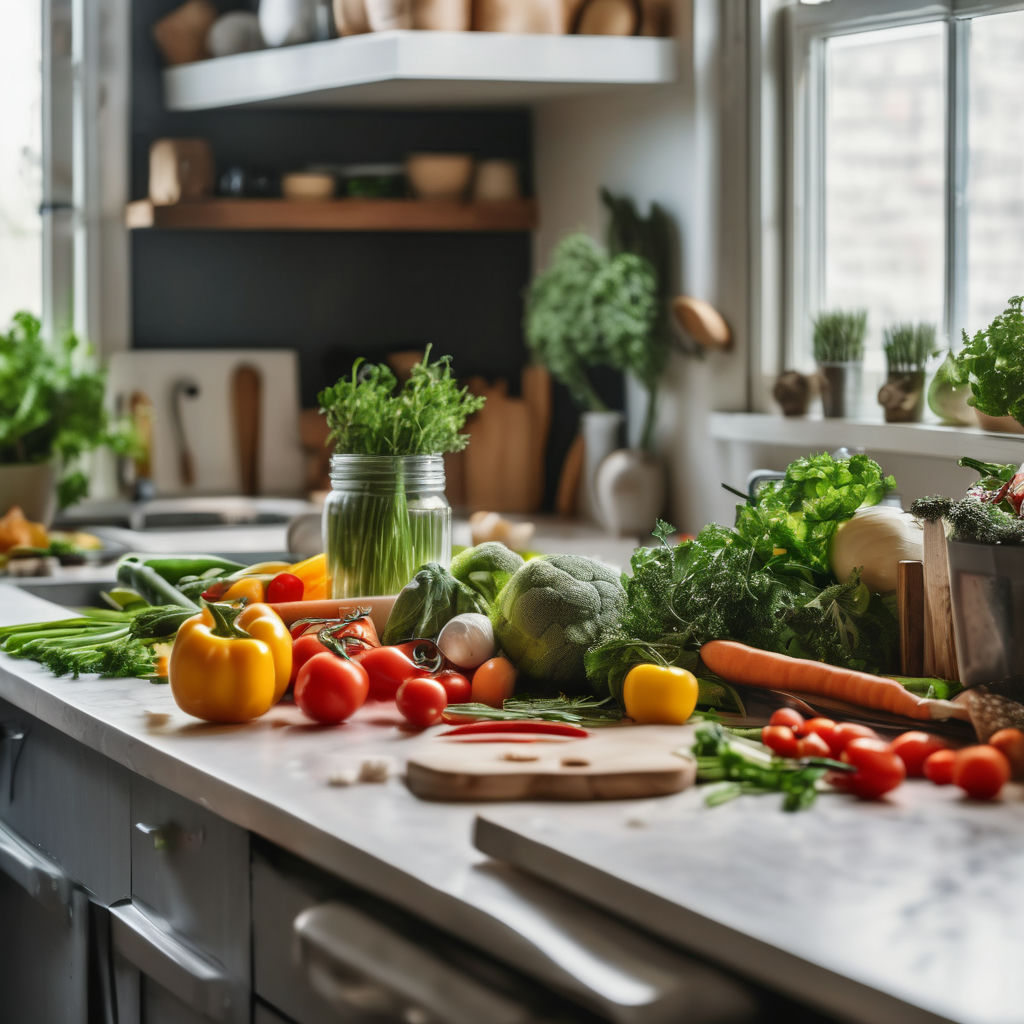
The Future of Cooking: How AI Assistants Are Transforming Your Kitchen
The way we approach cooking has shifted dramatically over the past few years. Gone are the days when meal planning meant flipping through recipe books or staring blankly at your pantry wondering what to make. Today, AI food preparation tools are quietly reshaping how home cooks tackle everyday challenges—from deciding what's for dinner to managing ingredients efficiently.
Understanding the Shift
The kitchen has always been a place where creativity meets practicality. But let's be honest: the practical side often gets messy. You're juggling grocery budgets, dietary preferences, time constraints, and the ever-present question of food waste. This is where AI assistants step in, offering a helping hand that goes beyond simple recipe suggestions.
Modern AI culinary tools work like a knowledgeable friend who understands your tastes, knows what you have on hand, and can suggest meals that fit your schedule and nutritional goals. Unlike generic recipe websites, these systems learn your preferences and adapt over time.
Real-World Applications in Your Kitchen
AI assistants can handle several aspects of your cooking journey. Many people start by importing their favorite recipes—whether they've found them on Instagram, TikTok, YouTube, or tucked away in old family files. Instead of scattering these recipes across different apps and notebooks, an AI-powered system keeps them organized and accessible.
The pantry management feature represents another significant shift. You input what you actually have at home, and the AI suggests recipes using those ingredients. This simple act reduces decision fatigue while helping combat food waste. You're literally cooking with what you have rather than buying what you think you need.
Meal planning becomes less of a chore when you have an intelligent assistant handling the structure. Rather than spending an hour each Sunday creating a plan from scratch, you can work with personalized suggestions that consider your dietary needs, cooking skill level, and available time. Smart shopping lists then follow naturally—you buy only what you actually need for your planned meals.
The Nutritional Intelligence Factor
Beyond convenience, AI assistants provide nutritional transparency. Understanding what you're eating matters, whether you're managing a specific health condition, training for fitness goals, or simply trying to eat more balanced meals. AI food preparation systems can track nutritional information across your meals, helping you make informed choices without the guesswork.
This data-driven approach removes the mystery from nutrition. Instead of wondering if you're getting enough protein or too much sodium, you have concrete information at your fingertips.
Why This Matters for Busy Lives
The time factor can't be overlooked. Modern life moves quickly, and cooking often gets squeezed into whatever time remains. When an AI assistant handles the thinking—what to make, what to buy, how to organize it all—you reclaim mental energy for the actual cooking experience.
For families with different dietary preferences, picky eaters, or specific nutritional needs, this personalization is especially valuable. Instead of cooking multiple meals or compromising on what everyone eats, an AI assistant can suggest options that work across different requirements.
Looking Forward
The intersection of AI and home cooking isn't about replacing the joy of cooking or the creativity of the kitchen. It's about removing friction from the parts that often feel like obligations. It's about having a system that supports your choices rather than complicates them.
As these tools continue evolving, expect even more intuitive features—perhaps AI that learns your mood and suggests appropriate meals, or systems that predict what you'll want based on weather, season, or upcoming social events. The kitchen of the future won't be less personal; it will be more aligned with who you actually are and how you really live.